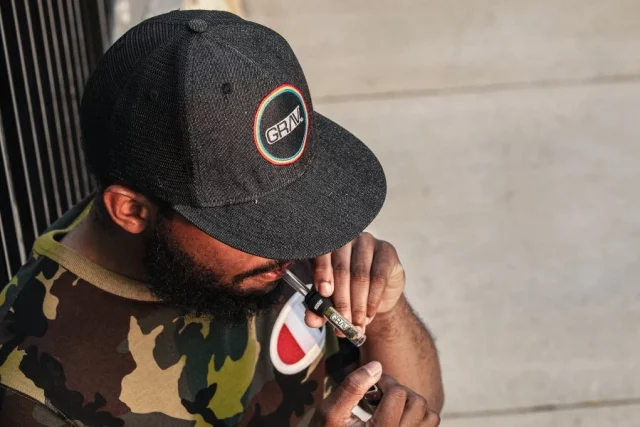Whether you were out with friends or simply in the wrong place at the wrong time, finding yourself arrested and facing drug crime charges is a terrifying experience. This experience is only made worse if you don’t understand what exactly you are being charged with. Learning everything there is to know about drug crimes, including what to do should you find yourself arrested, can help a person react accordingly.
What Is A Drug Crime?
First and foremost, it’s important to look at what exactly a drug crime is. Drugs can be related to crimes in a number of ways, but the most common definition of a drug crime is any offense that relates to having the intention to use, possess, manufacture, or distribute restricted drugs that have the potential to be abused. A drug crime may also come up if someone else commits a crime as a result of ingesting drugs that they acquired from another person.
Common Types Of Drug Crimes
Finding yourself facing one or more drug charges is a daunting experience and should be reason to contact an accredited drug crimes criminal defense lawyer who can argue for your innocence. However, below are four of the most common categories for drug crimes which may help a person better understand what they are being charged with:
1. Possession of Drug Paraphernalia
As one of the most common charges associated with drug crimes, possession of drug paraphernalia almost always comes with another charge from this list. The possession of drug paraphernalia simply refers to the possession of any instrument or material that may be used to ingest, measure, distribute, or package drug paraphernalia. For example, if police have reason to search your vehicle and they find a pipe, you may be charged with a drug crime.
2. Manufacturing Drugs
All drug crimes are serious, but the manufacturing of illegal substances carries significant weight in court. While sometimes the manufacturing of drugs is legal, for businesses who may have permits, individuals cannot manufacture illegal drugs by themselves. Even something as simple as growing a marijuana plant would qualify in certain states.
3. Drug Trafficking or Drug Dealing
Another very serious type of drug crime is trafficking or dealing drugs. The only difference between these two is the actual amount of the drug that is being sold. It’s worth noting that possessing a certain amount of a drug can result in a charge known as possession with intent to distribute, even if you weren’t actually going to sell it to another person. Drug trafficking is the most serious drug crime and these cases are often referred to the U.S. attorney’s office for prosecution, meaning it is pursued in federal court.
4. Possession of a Controlled Substance
Finally, simply having illegal drugs on your person is a drug crime in and of itself. Even if you are holding it for a friend, if it’s on your person then it is considered to be yours. As mentioned previously, holding onto enough of a controlled substance may result in a more serious charge of intent to distribute.
Is A Drug Crime A Misdemeanor Or Felony?
Generally, the difference of whether or not a drug crime is charged as a misdemeanor or felony depends on the substance in question and the amount that is found. Simply having drug paraphernalia is typically a misdemeanor, as is possessing marijuana, but having over a certain amount of marijuana (and other group 1-4 substances) can result in felony charges. These carry heftier fines and often result in longer jail sentences.
Tips To Follow If Arrested For A Drug Crime
Finding yourself being put in handcuffs is a concerning experience that nobody wants to go through. However, there are a few tips you should follow if you find yourself in this situation:
- Do not speak without a lawyer present, even if you are simply trying to profess your innocence
- Do not attempt to hide or tamper with any potential evidence
- Do not argue with the police or try to resist the police
- Do not accept anything from the police
- Always be polite and courteous
The Bottom Line
While arguing for your own innocence in court can be tempting, especially if you believe you can prove your case by yourself, it’s best to seek professional help. Accredited criminal defense attorneys with drug crime experience can help you navigate the legal process and find evidence that bolsters the claims of your innocence. Should you find yourself facing drug crime charges, don’t hesitate to reach out to an attorney who can help right away.














